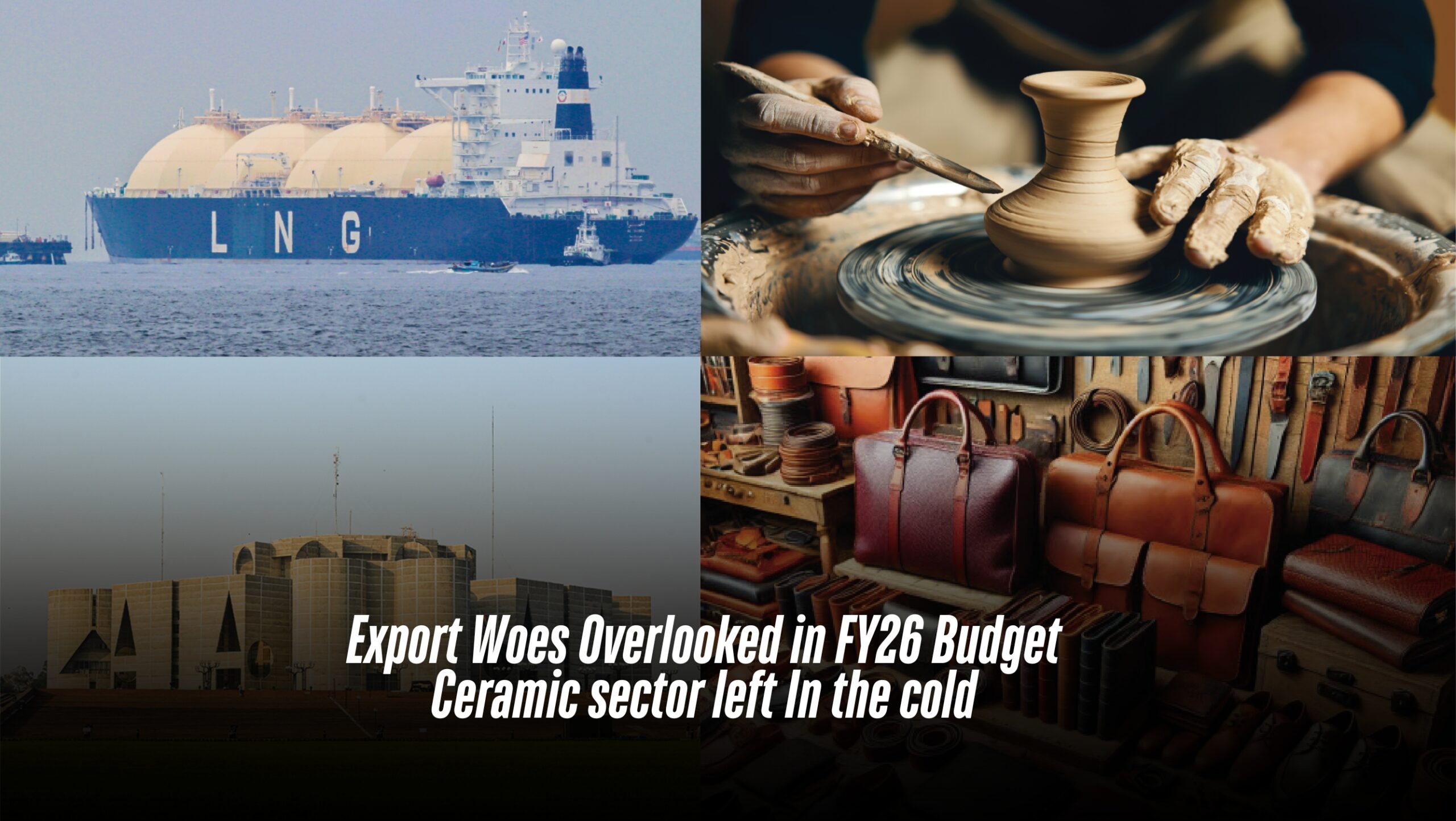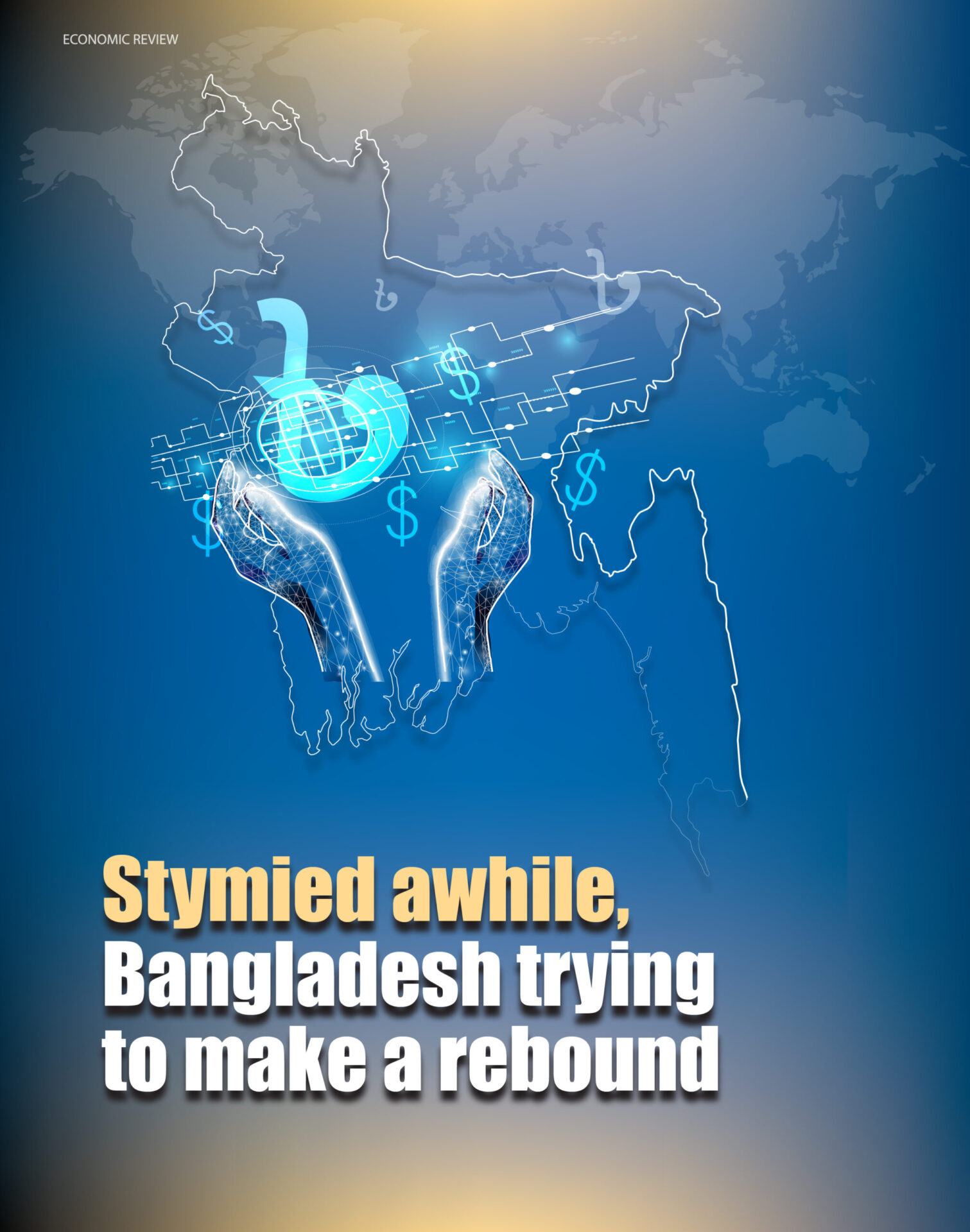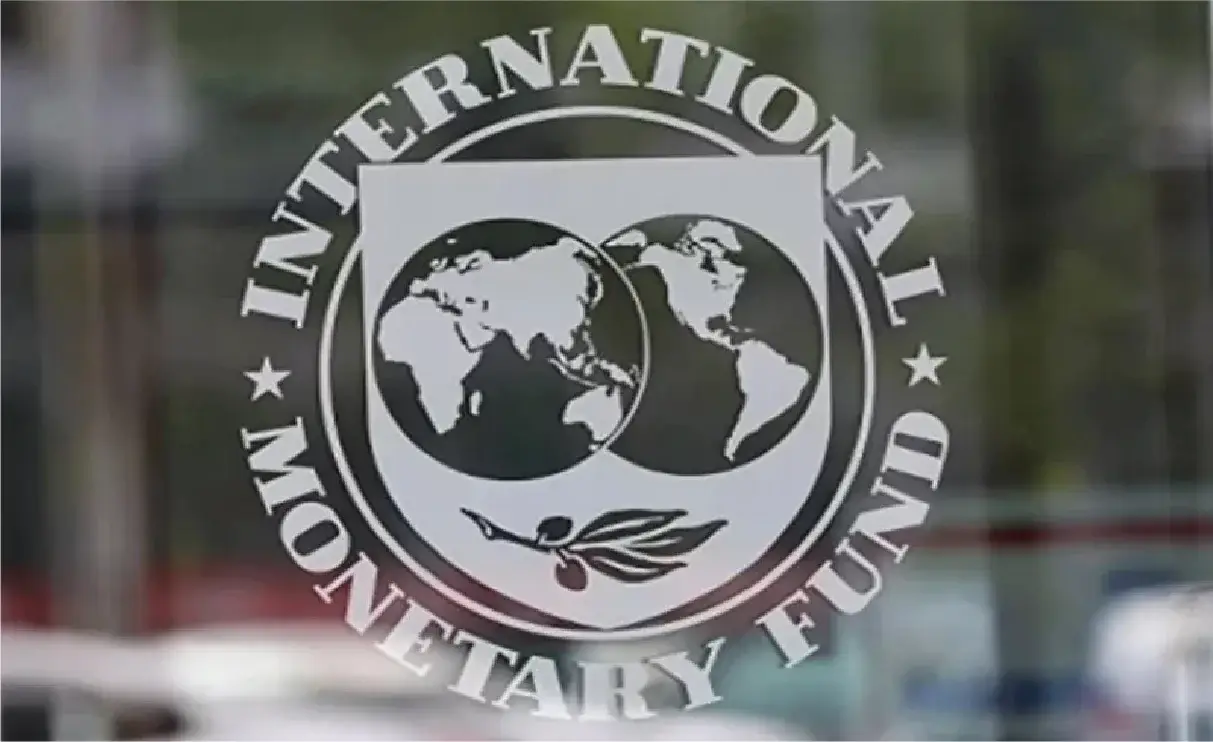
Exchange Rate to be determine by ‘Crawling Peg’ method: Governor
Bangladesh sees the end of 2023 with a huge deficit in its financial accounts, the widest gap between foreign currency income and expenses in its history. Consequently, the Bangladesh Bank is struggling to arrest the decline in foreign exchange reserves. This has led to a record imbalance in the overall balance of payments. The repercussions of this financial strains have extended to the commoners and made the fiscal year 2023-24 exceptionally challenging. Despite assurance from the Finance Minister in his budget speech that inflation would be contained at 5.6 per cent, average inflation rate was 9.2 per cent, intensifying the economic pressure and exacerbating the burden of soaring commodity prices on the ordinary people.
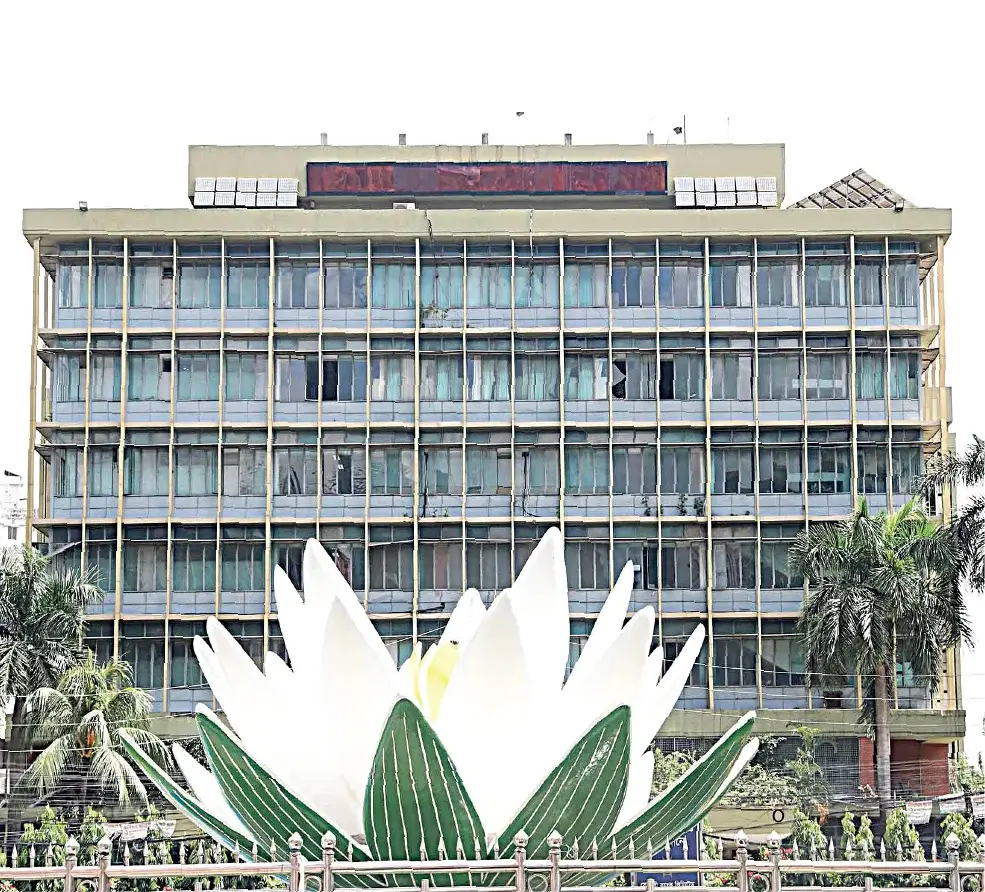
At the end of the first half of the 2023-24 fiscal, the situation has hardly improved. The dollar crisis remains the same. In fact, the exchange rates have gone up further. As of mid-December, the reserves, calculated according to the International Monetary Fund (IMF) formula for readily available funds, amounted to $19.16 billion. Although total export earnings was $4.78 billion in November, it represents a 6.0 per cent decline compared to the corresponding period in the year before. This downturn contrasts the heightened export figures of the previous year, driven by pent-up demand during the post-Covid recovery phase. However, in November, expatriates remitted $1.93 billion, marking a notable 21 per cent year-on-year increase. This increase is attributed to banks providing an enhanced exchange rate for the US dollar, encouraging higher remittance inflows.
Food and Average Inflation Persistently High
The month of November saw a decline in headline inflation, reaching 9.49 per cent, with food and non-food inflation dropping to 10.76 per cent and 8.16 per cent, respectively. Still, the 12-month average headline inflation rose to 9.42 per cent, surpassing the revised FY24 target of 7.50 per cent. Notably, ‘recreation and culture’ experienced the highest non-food inflation at 15.93 per cent, while ‘health’ showed 3.83 per cent deflation.
A Struggle for Low-Income Workers
In Bangladesh, a relentless surge in inflation is overwhelming wage rates, especially for low-paid workers, despite a 27-month streak of month-on-month income growth, analysts said. The Wage Rate Index (WRI) shows that the inflation rate consistently surpasses wage growth, eroding the earnings of low and unskilled laborers. The plight of the country’s low-income population has worsened due to the sluggish rise in the WRI, coinciding with some of the most severe labour demonstrations for wage increases in the pivotal ready-made garments sector. Since July 2021, although wages have increased, they have persistently lagged behind the inflation rate for 27 consecutive months, a revelation from an analysis by the writer. Even in the initial four months (July-Oct) of the current fiscal year, higher inflation is depleting the incomes of low and unskilled workers.
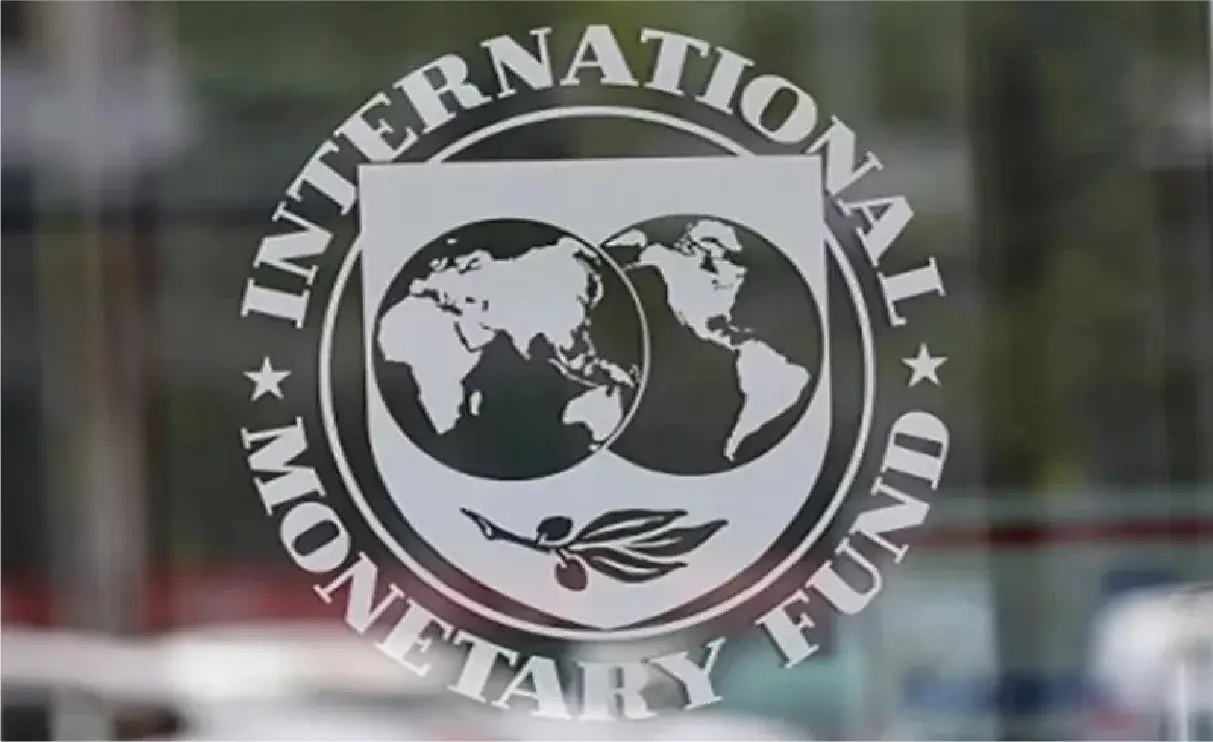
Calls for Austerity Measures and Collaborative Efforts
In the light of the current economic slowdown, Dr. Muhammad Abdul Mazid, former Chairman of the National Board of Revenue (NBR), has proposed austerity measures for mega projects to address economic challenges. He emphasised the need to promptly bridge the gap between expenditure and earnings, highlighting the urgency in this matter. He suggested that NBR alone cannot deal with the concerns of various industries, including ceramics.
In underscoring the NBR’s initiatives to decrease duties on essential commodities such as onions, Mr. Mazid observed that specific interest groups persist in manipulating the market for essential commodities, including onion and potato prices. He urged collaboration among the NBR, Bangladesh Bank, businessmen, law enforcement agencies, and relevant state organs to collectively address the current inflationary pressures, particularly impacting lower-income individuals and various industries in the country. Highlighting the vulnerability of some banks contributing significantly to NBR’s tax revenue, he expressed concern about their precarious state affecting the overall economy.
A Closer Look at IMF’s Revised Projections
The IMF has adjusted its growth outlook for Bangladesh, projecting a lower growth rate of 6 per cent for the fiscal year 2023-24, down from its earlier estimate. This revision follows the World Bank’s recent downward revision of Bangladesh’s Gross Domestic Product (GDP) growth forecast to 5.6 per cent for the same fiscal period, citing sustained high inflation and challenges in external payments. The IMF’s World Economic Outlook indicates that Bangladesh’s economy expanded by 6 per cent in the immediate past fiscal year. Nevertheless, there is a positive adjustment in the growth forecast for the ongoing fiscal, with the IMF raising its projection to 6 per cent from the previous 5.5 per cent estimate.

Inflation to come down to 6% by next June : Governor
Bangladesh Bank Governor Abdur Rouf Talukder said that the exchange rate of US dollar will not be based on the market soon. However, the “Crawling Peg” system will be used to keep the official exchange rate of the dollar closer to the actual market price in step by step. For this, the central bank is going to hire foreign experts. Crawling Peg system is basically to keep the dollar price moving within a range. This system will be introduced in next two or three months. Crawling Peg is an exchange rate regime that allows depreciation or appreciation to happen gradually. This method is followed to fully use the key attributes of the fixed exchange regimes, as well as the flexibility of the floating exchange rate regime. The system is shaped to peg at a certain value, but at the same time is designed to ‘glide’ to respond to external market uncertainties. Crawling peg is allowed to fluctuate the dollar within a band of rates. Actions will be taken by observing which way it fluctuates. The par value of the stated currency and the band of rates may also be adjusted frequently, particularly in times of high exchange rate volatility. Crawling pegs are often used to control currency moves when there is a threat of devaluation due to factors such as inflation or economic instability. Coordinated buying or selling of the currency allows the par value to remain within its bracketed range.

The main advantages of a crawling peg are that it avoids economic instability as a result of infrequent and discrete adjustments (fixed exchange rate), and it minimises the rate of uncertainty and volatility since the fluctuation in the exchange rate is kept minimal (floating exchange regime). Only a few countries such as Mexico and Thailand have adopted crawling pegs in the 1990s. To eliminate many disadvantages of the crawling peg model the delayed peg uses a wideband for exchange-rate fluctuations, while the band is allowed to move when foreign exchange liabilities accumulate (at a secret but predetermined rate). The governor said, there was a deficit in the current account, but this account is now in surplus. The main problem is with financial account. This problem comes from the external sector. It has been caused by a decrease in foreign investments, short-term foreign debts and an increase in debt repayments. If it is in surplus by the end of the current fiscal year, the pressure on the dollar will ease. Abdur Rouf Talukder said structural changes have been made in the monetary policy of Bangladesh Bank. Monetary policy is formulated taking interest rates into consideration. After 52 years, the Monetary Policy Committee has been changed. Now the three challenges of the economy are controlling inflation, stable exchange rate and reducing bad debt. The Governor said, the government has strong support to stabilise the financial sector and the central bank has been empowered to merge banks and financial institutions. There is no lack of political commitment either. On the question of the autonomy of the central bank, the governor said, “It is a matter of seeing whether we are using the powers given to the Bangladesh Bank by the Parliament or not. There is no use shouting about the power that has not been given. I have been given considerable autonomy in law. Whether it is applied or not, it can be reviewed.

Abdur Rouf Talukder said, among the issues in the financial sector, governance is a big problem. Also major problems are defaulted loans and insufficient capital. Bad debt is created due to lack of good governance. State-owned banks are at risk in providing some government services. With this, a culture of not repaying loans has been created. As a result, the loan defaults. Although various concessions have been given over the years, defaulted loans are only increasing. Now it seems that these concessions have not worked. Strong action must be taken now. Roadmap to reduce default loans would be announced soon.
The governor said the lending interest rate has been linked to the market. This interest rate has increased by 2.5 per cent in the last five months from 9 per cent to 11.5 per cent. As a result, the interest rate on deposits has also increased. In 5 months, Tk 45,000 crore have been backed from the market to the bank. Private sector loan growth has been brought down to single digits to reduce demand for money in the market. Banks are now lending cautiously so as not to default. Since last August, money is not being printed and loans are not being given to the government. The central bank is no longer financing government bonds either. He pointed out that there are economic and non-economic factors behind inflation. “Taka has already been appreciated by raising interest rates and stopping money printing. We observed the effect of this in reducing inflation. This rate will decrease further. Inflation will come down to 8 per cent by the end of this December and below 6 per cent by next June.





